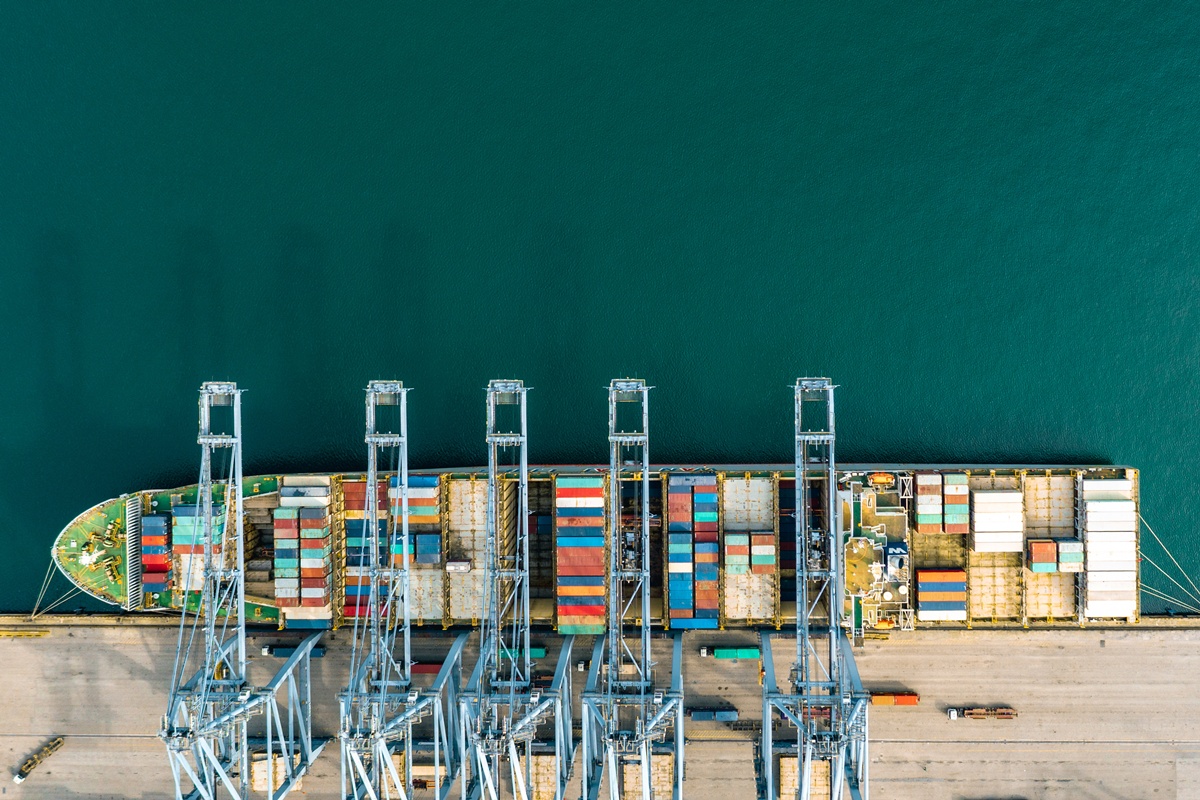May 09, 2025
81% of ecommerce leaders dread tariffs, 91% still expect global growth

A new survey from international ecommerce provider Passport reveals a sharp contradiction at the heart of U.S. ecommerce strategy: leaders are deeply anxious about trade disruptions, yet more committed than ever to expanding abroad.
According to the report, “Going Global, Smarter: The Ecommerce Leader’s Guide to Scaling Internationally Amid Tariffs”,—81% of ecommerce decision-makers say tariffs could upend their global strategy. But that hasn’t stopped 91% from looking to international markets, where many already see strong returns. Half of those surveyed say more than 20% of their revenue now comes from outside the U.S.
Conducted in February 2025 with research partner Drive Research, the study surveyed 100 senior ecommerce leaders and paints a picture of brands trying to thread the needle: protect themselves from rising geopolitical risk while still tapping into high-growth international demand.
Most brands are preparing for that challenge by building stronger infrastructure abroad. Nearly all respondents (94%) said they plan to scale in-country fulfilment over the next five years, aiming to improve speed, reduce costs, and meet customer expectations more efficiently.
At the same time, 69% are increasing international ad spend, particularly across social platforms like TikTok, Instagram, and Facebook. When choosing partners to support expansion, 44% say flexibility matters more than price, especially when it comes to navigating compliance and entering new markets.
Some brands aren’t just navigating the risks, they’re thriving in spite of them. DTC players like Carpe and Ogee report doubling or even 10x-ing international revenue after investing in localised storefronts, logistics, and compliance support through Passport.
While the trade winds may be shifting, ecommerce leaders aren’t retreating, they’re just moving smarter.
